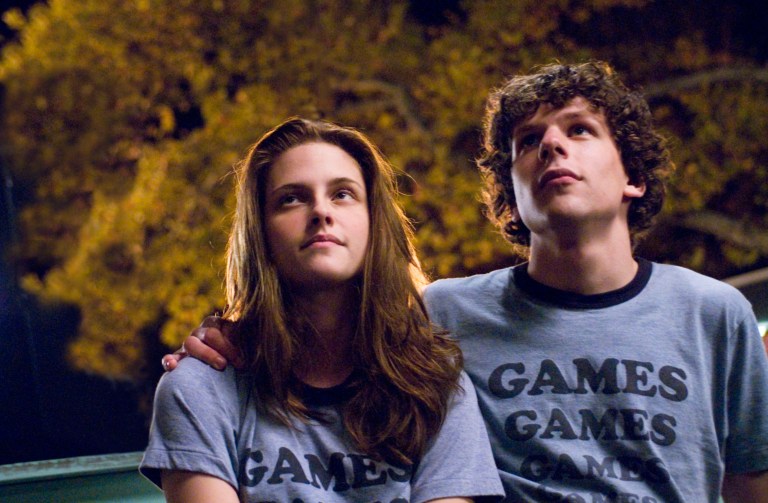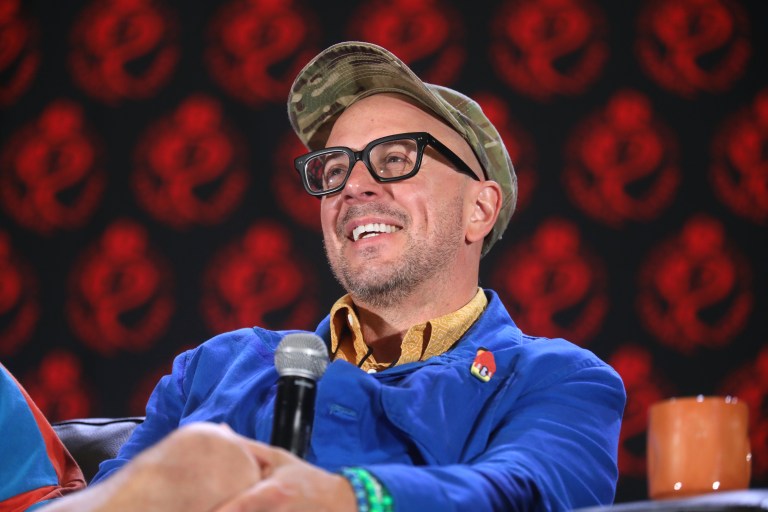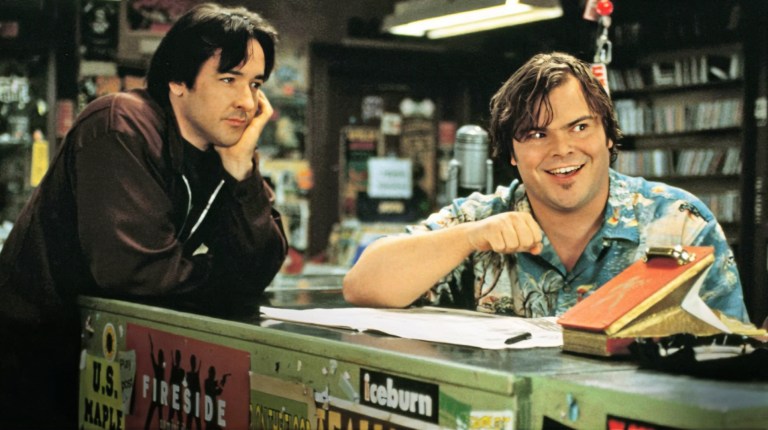
Why ‘Don’t Work Too Hard’ Is Actually AWFUL Advice
I can’t think of a single thing worth doing that doesn’t involve a modicum of hard work. In fact, hard work is actually the only proven method to advance the human condition that has stood the test of time.

“Take it easy alright, and don’t work too hard.”
It might not have been today, but I’m sure someone has dumped this “advice” on you recently, and you probably didn’t give it a second thought.
While on the surface, these words are nothing more than a lukewarm parting salutation, along the lines of a “take care” or “be well”, but there’s something more insidious – more disingenuous – about the underlying implications.
People will tell you to take it easy at precisely the moments that call for focused, hard work. Like when my shop is booming with customers, or if you’re waiting tables at a hoppin’ restaurant, or on deadline for a big project.
Basically, people will tell you to take it easy whenever you are actually doing any work.
Don’t work too hard?
*sigh*
Let’s unpack this.
I can’t think of a single thing worth doing that doesn’t involve a modicum of hard work. In fact, hard work is actually the only proven method to advance the human condition that has stood the test of time.
Take it easy?
*facepalm*
Look, if I’m at work, my job is to work. I’m there to do the best job I can do, and do it well. To paraphrase Ryan Holiday: Everything we do matters, whether that’s making smoothies for $7 an hour, or studying for the bar.
Slacking off and taking it easy are not at play here. The only objective is to work hard, and more importantly, work smart. That’s it.
In talking about menial work, Robert Greene said, “If we experience this time as something to get through on the way to real pleasure, then our hours at work represent a tragic waste of the short time we have to live.” In other words, work shouldn’t just be something you endure. You should always take pride in what you do, even if you’re not quite where you want to be, work-wise.
“Only self-absorbed assholes think they are too good for whatever their current station requires.”
I manage a small brick and mortar retail store, and while I was unloading our weekly delivery truck the other day, a mustachioed man smoking a cigarette walked by, raising his eyebrows at the teetering palettes of product I was working my way through.
He took a drag, and while exhaling he said, “You’re working too hard, take it easy, man,” in this aloof, vaguely condescending tone. Maybe in his mind he was trying to forge some sort of tacit connection, that we’re all just busting our ass for a paycheck, sticking it to the man, and complaining about our position in life all the while.
Work blows, so why even try.
Unity over self, right?
The way he said it implied that the kind of work I do is not worth the effort. Like it’s below me somehow. Lifting heavy boxes and helping people? How terrible. I deserve better. I should probably take it easy, wait out the clock by doing as little as possible, then go home and sit around.
When people say these things, likely with little regard to what they’re actually telling you, they are in effect contributing to the onslaught of shit that the world’s slinging your way.
Let’s get this out of the way right now:
The world wants you to fail.
With the autopilot switch engaged, and that’s the caveat, humans are naturally prone to laziness, procrastination, and to simply drift through life via the path of least resistance. In this mindset, the cards will always be stacked against you.
Everything in our culture is targeting the latent human tendency to stagnate; to resist the uncomfortable, the difficult, and the unknown. We don’t like change, and if we live our lives on an unconscious autopilot, then you know what? Well, you don’t really have to change.
Which, tragically, means you don’t even have to grow.
In my mind, what that dipshit smoking a cigarette said to me equated to was this: stop trying. Stop trying because life is hard and I don’t like hard things and I bet you don’t either, so let’s commiserate and spread our misery, in effect creating an infectious tribe of self aggrandizing, collectively useless, wastes of space. Stop trying, stop trying, adopt a passive-ironic mindset, and go sit on the couch, bust open a bag of Doritos, and catch up on episodes of Keeping up with the Kardashians.
Let’s recap.
Do: Focus, work hard, and most importantly, work smart.
Do NOT: Adopt the destructive, passive-ironic mindset, take it easy and pretend you’re above the demands of your current station.
Jocko Willinck, a former U.S. Navy Seal, knows something about hard work, discipline, and cultivating a results-oriented mindset. He also gets up every morning at 4:30 am, just look at his twitter page.
“The moment the alarm goes off is the first test; it sets the tone for the rest of the day… If you have the discipline to get out of bed, you win — you pass the test. If you are mentally weak for that moment… you fail. Though it seems small, that weakness translates to more significant decisions. But if you exercise discipline, that too translates to more substantial elements of your life.”
So, when you’re laying in your warm, soft, inviting bed and your alarm clock rings in the morning, you have two choices: get up or hit the snooze button.
In the Meditations, Marcus Aurelius has a dialogue with himself about this.
He argues that it is human nature to wake up and get to work, but you will be tested. When the alarm rings, you’ve probably had enough sleep, you’ve hit your quota on sleep, but you haven’t yet hit your quota for work. When you’re tempted to huddle under the blankets and stay warm, remind yourself that you were born to do and experience things; to contribute to the world. You were born to do your job as a human being. If you struggle with getting up in the morning; if you resist your nature, Marcus argues, “You don’t love yourself enough. Or you’d love your nature too, and what it demands of you.”
In an interview with Tim Ferriss, Willinck recounted a situation in training where the only way he could see a solution, and act unencumbered by ego or emotion, was to detach from the situation. Only then was he able to execute effectively, and complete the task at hand.
“I looked around, and I saw what the picture was… and I said to myself, hmm that’s what you need to do. And so I realized that detaching yourself from the situation so you can see what’s happening is absolutely critical, and now, when I talk to executives or mid level managers, I explain to them I’m doing that all the time and it sounds horrible but it’s almost like I’m not a participant in my own life, I’m an observer of that guy that’s doing it.”
Start with an alarm clock tomorrow morning. Set it, and when the time comes you will have to make the choice between mental weakness; safe, warm comfort, as you hit the snooze button four times, or you can show some mental fortitude, switch off the alarm, jump out of bed, and get to work. I’ll leave you this quote about the value of effort from As a Man Thinketh:
“In all human affairs there are efforts, and there are results, and the strength of the effort is the measure of the result. Chance is not. Gifts, powers, material, intellectual, and spiritual possessions are the fruits of effort; they are thoughts completed, objects accomplished, visions realized.” ![]()











